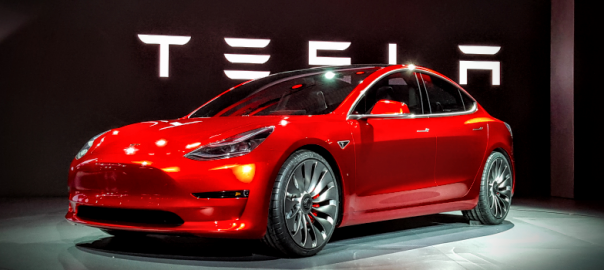ADDRESSING a high-profile audience of the Thai energy sector last week, Stanford University lecturer and Silicon Valley investor Tony Seba minced no words in warning them that petroleum, which had been a source of livelihood to many of them, would become obsolete by 2030 or sooner.

Citing four key technologies – energy storage, electric vehicles, self-driving cars, and solar – the author of the amazon.com best seller “Clean Disruption of Energy and Transportation” said the energy and transport industries were on the cusp of either being transformed or destroyed.
“The energy and transport industries will become high-tech industries” he told the Petroleum Institute of Thailand’s 30th anniversary event that was attended by energy and science ministers, privy councillor, director of the Crown Property Bureau Snoh Unakul, and other top energy officials and executives. Speaking at a press conference held at the conference, Seba said since consumers would switch “en masse” to electric vehicles by 2020, petroleum – 60 per cent of which is used for transport – was going to become obsolete.
The driving force will be the four key technologies that will improve exponentially, not because of climate change, he said.
Besides “exponential” technological development in key areas such as in lithium-on batteries, solar photovoltaic installations and generating costs, electric and autonomous cars, and LIDAR sensors, Seba pointed out business model innovations that could accelerate the changes such as storage-as-a-service, electric vehicles’ (EVs) free charging network, car-as-a-service, and “zero money down solar” leasing.
EVs will hit the low-end automobile segments by 2020 when their prices drop to $20,000 (Bt700,000) and will put an end to internal combustion engine cars when EV prices fall to $5,000 in 2030, he predicted. Tesla recently introduced its Model 3 at an unsubsidised retail price tag of $35,000. Within 24 hours, it received 180,000 bookings – a record for the car industry.
Read more: Nation Multimedia
